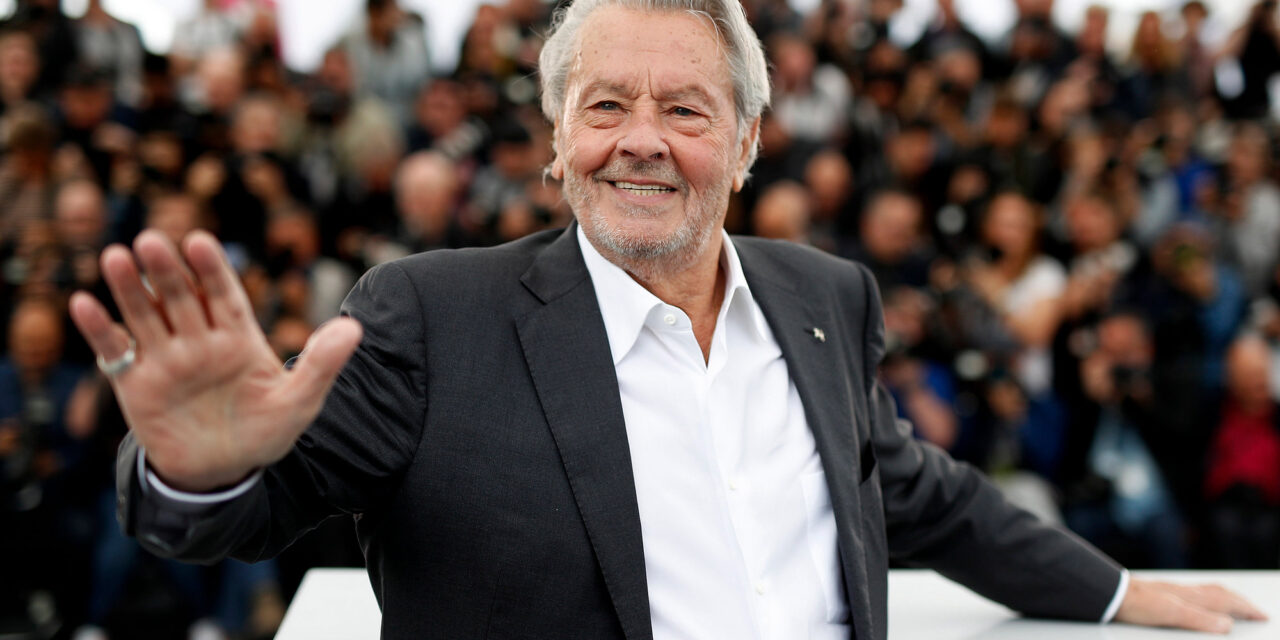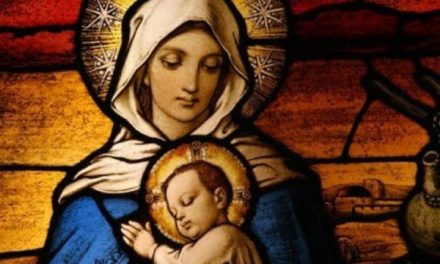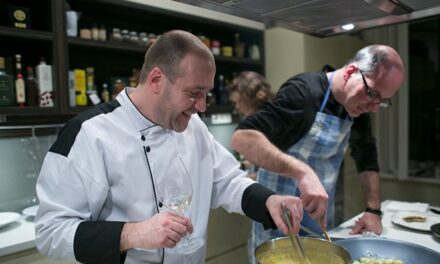French actor Alain Delon, one of the biggest European stars of the sixties, died at the age of 88. Behind his legendary acting career, he was always one step behind the scandals that were able to heat up the international press even in 2019. Alain Delon died at the age of 88, the actor's three children announced on Sunday in a statement sent to the French AFP .
They wrote:
"Alain Fabien, Anouchka, Anthony and (his dog) Loubo announce the passing of their father with immense sadness. He died peacefully in his house in Douchy, surrounded by his three children and family. The family asks that you respect his privacy at this extremely painful time of bereavement."
His life journey
Alain Delon was born on November 8, 1935. He didn't do very well at school, so he volunteered for the French navy, either voluntarily or in obedience to the will of his butcher father, the resources are divided. In the 1950s, he served in the area of South Asia still called Indochina, but according to the legend spread by himself and his journalists, he spent at least one of his many years of service in captivity, as punishment for his various transgressions. After leaving the army, he looked for a job in Paris, working as a waiter and porter, according to the French press, he met less illustrious people with whom his friendship defined his life.
Delon's breakthrough came when he met director Yves Allégret, who hired him for a supporting role in the 1957 drama When a Woman Confused. Allégret gave this advice to the inexperienced Delon in front of the camera:
Listen here, Alain. Talk like you talk to me. Stare the way you stare at me. Listen as you listen to me. Don't act. Live.
After a couple of insignificant French films, the handsome actor with striking blue eyes became famous in 1960's Shining Sunlight, in the thriller based on Patricia Highsmith's novel, he plays the crook Tom Ripley, the character who will later be played by Dennis Hooper and Matt Damon , the latter in 1999's The Talented Mr. Ripley. After the film, Delon became in demand in European film production, the Italian Luchino Visconti signed him as the title character for Rocco and his brothers, and he played the main role alongside Monica Vitti in Michelangelo Antonioni's modernist masterpiece, Eclipse.
Delon's entire career was defined by the desire to break into Hollywood, which in the end, despite all his attempts, he never really succeeded. He starred alongside Shirley Maclaine in 1964's The Yellow Rolls-Royce, alongside Ann-Margret in 1965's Once Upon a Thief, but often played characters of a different nationality than he was in real life. While he was trying to shed his French accent in Hollywood, he was discovered by director Jean-Pierre Melville, to whom he owes the iconic role of his career: as the assassin in 1967's The Samurai, Delon embodied a degree of cool coolness that was still making waves a decade later, including in the films of directors such as John Woo (The Assassin) or Jim Jarmusch (Ghost Dog). Woo later returned the favor when he put sunglasses marketed by Delon on the main character of his action film A Better Tomorrow, significantly boosting sales in Hong Kong.
It says a lot about Delon's work that, while he played successively in the most memorable films (Borsalino, Red Circle, A Woman on a Motorcycle, A Pool - in the latter with the love of his life, Romy Schneider), one of the biggest scandals of his life took place at that time. In 1968, the actor's Yugoslav bodyguard and assistant, Stevan Markovics, was found dead in a garbage dump. He was shot in the head and his body was hidden in a sack. The case was followed closely by the Hungarian press, as Magyarország in 1969 wrote about Markovics:
In the circles of the Parisian underworld, they are now talking about him dealing in drugs and allegedly selling powder mixed with soda as heroin, maintaining a secret poker den, and blackmailing well-known personalities with photographs he took of them in compromising, erotic situations. Markovics' name would not have been included in Delon's obituary if a letter had not been found shortly after the Yugoslav man's death, in which he wrote that if anything happened to him, Alain Delon would be responsible. The actor was also interrogated in the case, but was released after 35 hours. They also interrogated the Corsican gangster Francois Marcantoni, Delon's friend, "one of the most feared figures in the underworld of the Cőte d'Azur", but it took him 11 months for the police to establish that he was also not involved in this case. The French tabloids assumed that among the compromising pictures Markovics used for blackmail, Claude Jacqueline, the wife of Georges Pompidou, who was campaigning for the presidency at the time, was seen with another woman. In the end, the photos turned out to be most likely fakes, Pompidou won the election, but it was never revealed who killed Markovics. Delon had a sure alibi: he was filming in Saint Tropez on the night of his murder.
It is interesting that Markovics was not the first of Delon's bodyguards to die a violent death. Milos Milosevic, also of Yugoslav origin, sent his bodyguard to Hollywood with a letter of recommendation after he no longer needed his services. In the United States, Milosevic began an affair with Barbara Rooney, the fifth wife of actor Mickey Rooney, before they divorced. In January 1966, after a cocktail party attended by Delon and his wife Natalie, Barbara Rooney and Milos Milosevic were found dead in her bathroom. Next to them was a revolver with the woman's fingerprints on it.
Whether it was because of the Markovics case or because of something else, Delon started to expand into other areas from the seventies: he started a helicopter business, bought racehorses, organized boxing matches, founded his own fashion company, which sold his own branded products. In 1972, he recorded the French version of the Italian hit Parole, parola, although he entrusted the vocals to the singer with the stage name Dalida, she only spoke seductively during the song. In this decade, he made one last attempt to break into the American film industry, but again without success. The sequel to Airport, Airport '79 - Concorde, starring him, failed, and Skorpió, starring Burt Lancaster, was also not of interest to the American audience. He continued to impress the French, and in 1984 he received the Cézár Award, considered the French Oscar, for his performance in the drama Our Story, although he was already nominated twice in the 1970s. He officially retired from filming at the end of the nineties, but returned to the screen on one occasion (for example, the 2008 Asterix for the Olympian). In the 2010s, he repeatedly beat the fuse with his statements. Delon, who lives in Switzerland, said in an interview in 2013 that he supports the far-right party, then known as the National Front, which was marked by the name of the Le Pen family. Delon told the Swiss daily Le Matin that "Le Pen's father-daughter team fought for years, but alone. Now they are finally not alone, the French are also behind them. And that goes to Geneva, and that's very important. People are fed up there too." The actor met the elder Le Pen in Indochina.
Delon also had strong opinions about gay adoption, saying in 2015 that he "finds it difficult to live in such a burdensome age where we trivialize what is unnatural." In 2018, he also admitted that he handed out a few slaps to the conspicuous women in his life. Due to the latter's statements, a minor scandal broke out when she received the Lifetime Achievement Award at the Cannes Film Festival in 2019, even before the award ceremony, and even during this, rights defenders and advocates of the #metoo movement protested, Salma Hayek even refused the invitation to the event. Shortly before his lifetime achievement award, Delon said that he regretted one thing in his life: that he had never been directed by a woman.
The actor received an ovation at the Cannes Palace. In his acceptance speech, he spoke about his life and the role of women in it:
When I came back from Indochina, I didn't know what I wanted to do. If I hadn't met the women I did, I would have died a long time ago. Women are the ones who, I don't know why, but loved me, who talked me into this profession, who wanted me to do it, and who fought for me to do it.
Delon was married once, from 1964 to 1969, to Nathalie Barthélemy. He always considered Romy Schneider to be the love of his life, to whom he was engaged in 1959, but whom he cheated on during their four-year relationship with Nico, the German singer. Delon had an illegitimate child from their relationship, Christian Aaron Boulogne, who was raised by Delon's parents. Barthélemy had a son, Anthony Delon. Between 1968 and 1982, he lived with the French actress Mireille Darc, and also for fifteen years, between 1987 and 2002, he was married to Rosalie van Breemen, with whom he had two children: Anouschka and Alain-Fabien. It was Anouschka who presented him with the Lifetime Achievement Award in Cannes.
Featured image: French actor legend Alain Delon, recipient of the Palme d'Or Lifetime Achievement Award at the 72nd Cannes International Film Festival, during a photo shoot at the festival on May 19, 2019, the day of the award ceremony.
MTI/EPA/Ian Langsdon













